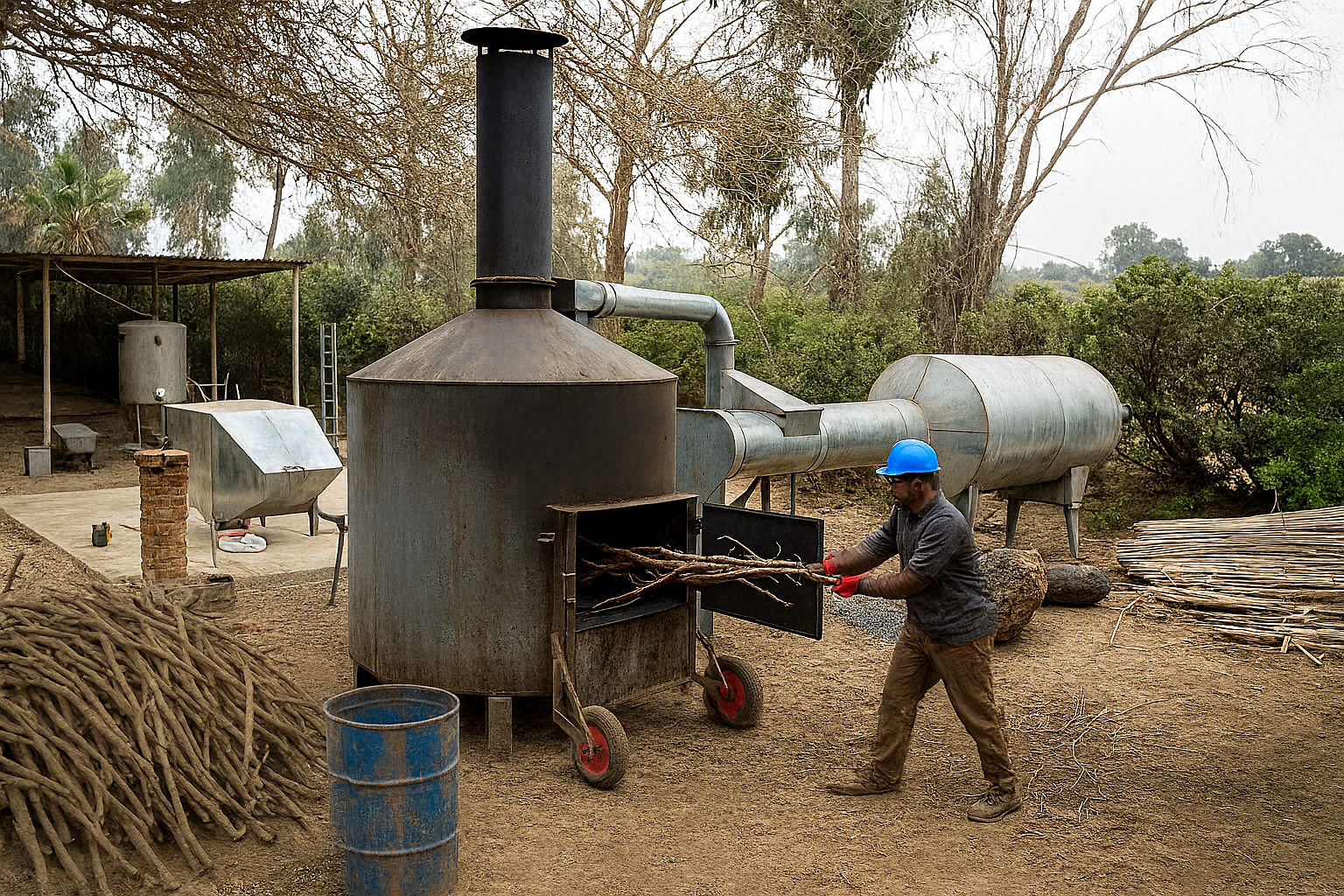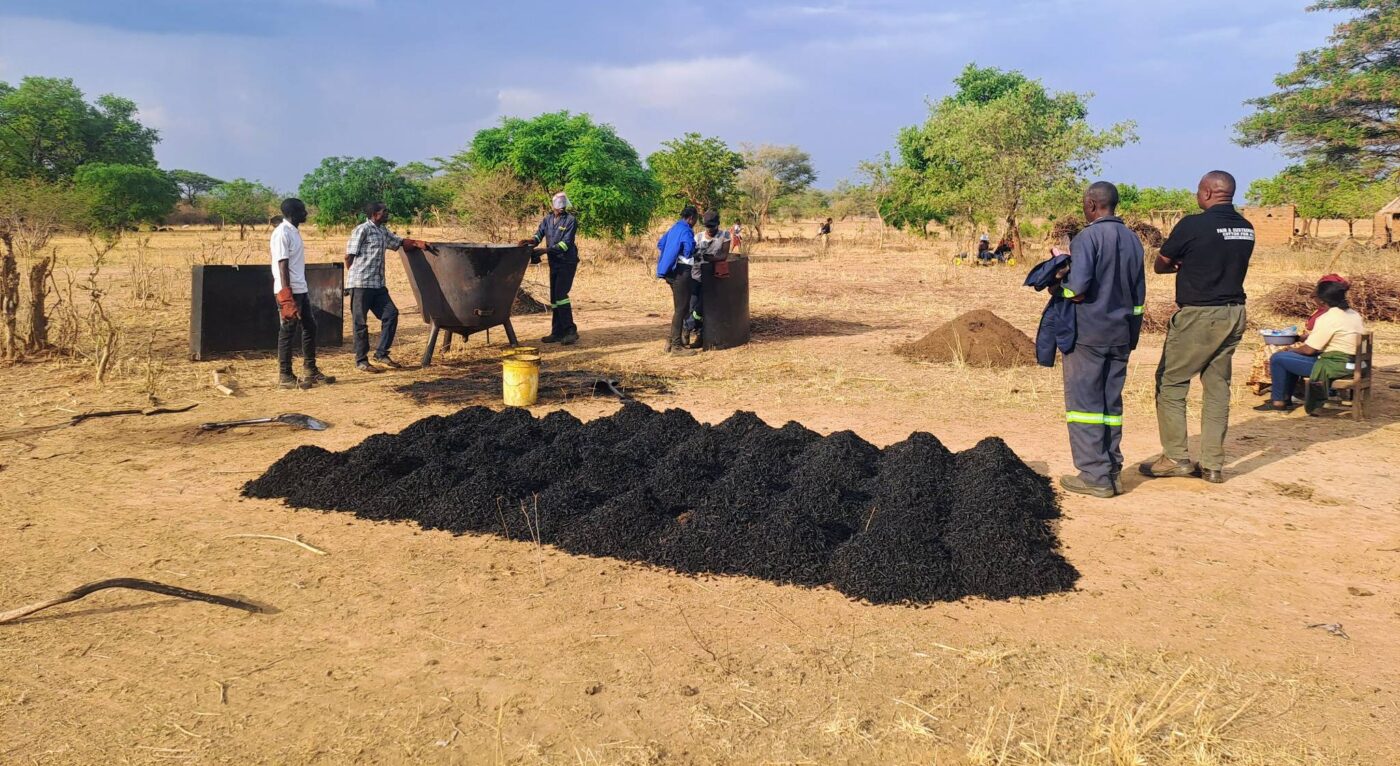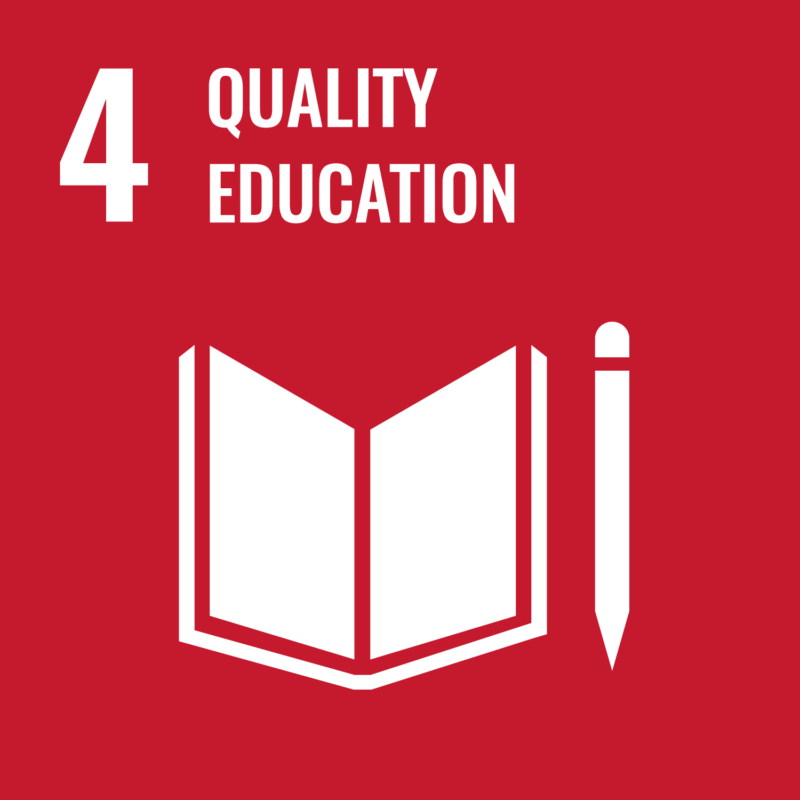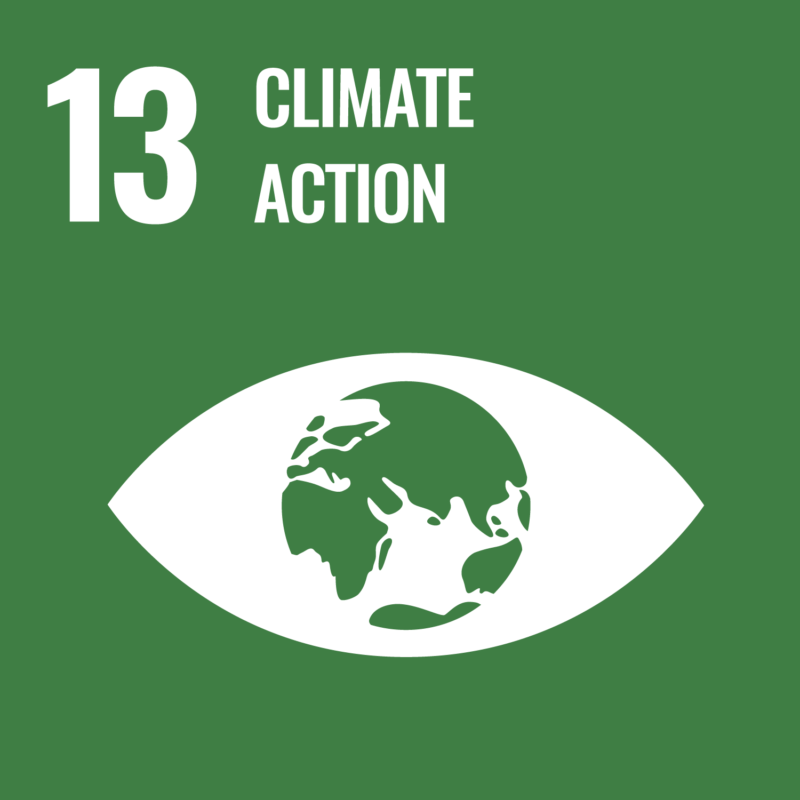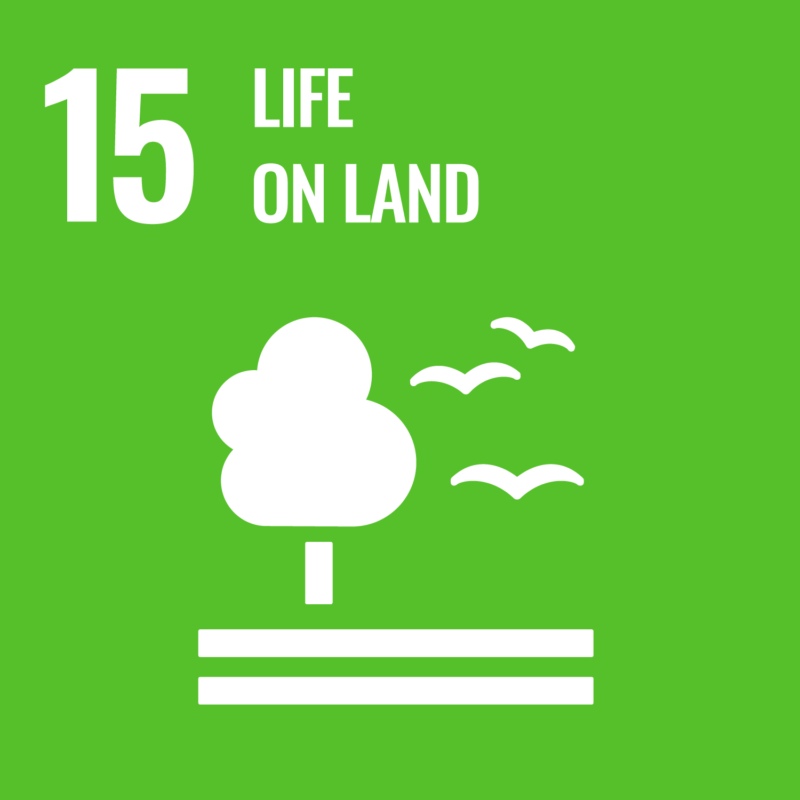After completion of the feasibility study, we are opening this project to co-investors from €300,000 upwards who want to participate in building scalable biochar facilities in Sub-Saharan Africa. Starting with Uganda, we aim to demonstrate the feasibility of residue-based biochar plants and replicate the model across the region. Feedstock is obtained from residues from maize-, sugarcane, or tea production.
At full operation, the Ugandan facility will process more then 5,000 tonnes of agricultural residues per year, producing 1,250 tonnes of biochar and removing approximately 2,500 tonnes of CO₂ annually in a highly durable form with a permanence of more than 100 years. Beyond its climate impact, the project strengthens soil fertility on thousands of hectares, boosts agricultural yields, and creates stable jobs in rural communities.
Why Invest?
-
Premium-quality Carbon Credits: Biochar removals are recognized as one of the most credible and durable forms of carbon sequestration.
-
Scalable Business Model: Our vision is not limited to one facility. By proving the concept in Uganda, we prepare the ground for replication across multiple sites in Sub-Saharan Africa.
-
SDG Impacts: Investors not only generate measurable climate benefits but also contribute to local employment and soil fertility, and secure participation in a growing carbon removal market.

